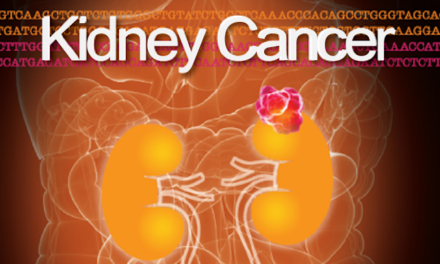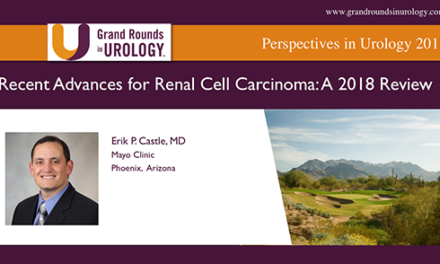
The Association between Insurance Status and Survival in Metastatic Renal Cell Carcinoma in the United States
Abstract
About 50% of patients diagnosed with metastatic renal cell carcinoma (mRCC) are aged< 65, meaning most of them are not Medicare-eligible and they mainly rely on private insurance for healthcare. Prior studies have reported treatment cost increases in the era of targeted therapy for mRCC and this may impede access to cancer care. Our study aimed to investigate the impact of insurance status on receipt of treatment and survival in patients diagnosed with mRCC.
National Cancer Database was used to identify patients diagnosed with mRCC in the targeted therapy era in 2006-2013. Multivariable logistic regression was used to investigate the association between insurance status and receipt of targeted therapy or cytoreductive nephrectomy. Multivariable Cox regression analysis was used to assess the association between insurance status and mortality. Propensity score-based analysis was used to adjust Kaplan-Meier survival curve. Covariates adjusted in our study including tumor characteristics and patient sociodemographic factors.
There were 23,808 patients included in our study population: 12,189 (51%) were aged< 65 and 11,619 (49%) were aged ≥65. The primary payor for patients aged <65 was private insurance (63%), followed by Medicaid (14%) and Medicare (11%) while 11% were uninsured. The primary payor for patients aged ≥65 was Medicare (83%), followed by private insurance (13%) and Medicaid (1.9%) and 0.9% were uninsured. In multivariable regression analysis: compared with patients with private insurance status, patients who were uninsured (adjusted odds ratio (AOR): 0.62, 95% CI: 0.55-0.70, p-value: < .0001), with Medicaid (AOR: 0.81, 95% CI: 0.74-0.90, p-value: < 0.001) or with Medicare (AOR: 0.79, 95% CI: 0.73-0.86, p-value: < 0.001) were less likely to receive targeted therapy; patients who were uninsured, with Medicaid, or with Medicare were less likely to receive cytoreductive nephrectomy. In multivariable Cox regression analysis: compared with private insurance status, patients who were uninsured (adjusted hazard ratios (AHR): 1.22, 95 % CI: 1.13-1.30, p-value: < .0001), with Medicaid (AHR: 1.23, 95% CI: 1.16-1.31, p-value: < .0001), or with Medicare (AHR: 1.19, 95% CI: 1.14-1.25, p-value: < .0001) were associated with higher mortality risk. There was interaction between insurance status and age (P-value= 0.0004). In patients aged <65, propensity-score adjusted 12-month survival was higher in patients with private insurance (48% vs 39%, AHR: 1.25, p-value < .0001); in patients aged ≥ 65, patients with private insurance status had higher 12-month survival (35% vs 31%, AHR: 1.03, p-value: 0.005).
Our results revealed that patients with private insurance status were more likely to receive treatment for mRCC and had better survival in the targeted therapy era. This survival disparity was more significant in patients aged <65, suggesting insurance status determined access to mRCC treatment while the difference was mitigated by Medicare in patients aged ≥65.
Authors: Chen, Yu-Wei | Tullio, Kate | Ornstein, Moshe | Grivas, Petros | Garcia, Jorge | Rini, Brian
Journal: Kidney Cancer, vol. 2, no. s1, pp. I-S50, 2018




